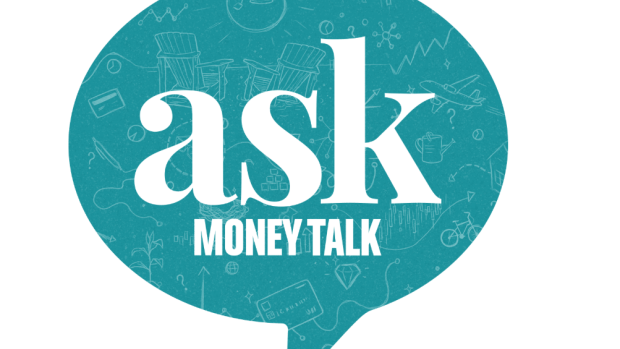May 22, 2019
MoneyTalk: Rates are rising, should I be worried about my debt?
Presented by:


You pointed out three issues that are causing you anxiety: rising rates, debt and retirement on the horizon. These matters are likely not independent but may point to a retirement plan you no longer trust. Or perhaps you may not have a plan at all, which of course could really be a cause of distress if you’re reading headlines about rising rates and worrying about how much higher they’ll go.
But let’s highlight specific problems and address some worries. First, you are right to have questions about holding more debt heading into retirement. At retirement we begin drawing on our savings to live on. Without a regular paycheque, we don’t want our retirement funds, which we have worked hard to accumulate all those years, to be diminished by paying down debt. It might even seem tempting to draw on your savings to help lighten your debt load. But remember: Your savings may need to sustain you for 25 years or more. In other words, retirement savings meant for your future should not be used to pay off bills from the past. So, one of the goals you should be working towards is retiring debt free as far as possible.
It’s worth noting that some kinds of debt are better than others. Everything else being equal, having a mortgage on a home that rises steadily in value is preferable to credit card debt, which often comes with double-digit interest rates that may negate any returns you are making on your savings elsewhere.
 Next, if you have a sound retirement plan, higher mortgage payments on your home should not cause you to lose sleep. Sure, rate hikes may make people uncomfortable since we’ve been living in a low-interest-rate environment for a long time, but rising rates are part of a normal economic cycle. A flexible plan should be able to weather different types of circumstances because we know events never stay the same. Rates rise and fall. Stock markets rally and correct. Tax laws change to your benefit and to your detriment. The same goes with your personal situation: You can get a better-paying job. You can get a bonus or an inheritance. Or you can become unemployed temporarily. You might even take on other, unlooked-for expenses, such as financing your parents’ healthcare costs. Your retirement plan, which would often include a range for your mortgage obligations and a cushion for all eventualities, can take all this into consideration.
Next, if you have a sound retirement plan, higher mortgage payments on your home should not cause you to lose sleep. Sure, rate hikes may make people uncomfortable since we’ve been living in a low-interest-rate environment for a long time, but rising rates are part of a normal economic cycle. A flexible plan should be able to weather different types of circumstances because we know events never stay the same. Rates rise and fall. Stock markets rally and correct. Tax laws change to your benefit and to your detriment. The same goes with your personal situation: You can get a better-paying job. You can get a bonus or an inheritance. Or you can become unemployed temporarily. You might even take on other, unlooked-for expenses, such as financing your parents’ healthcare costs. Your retirement plan, which would often include a range for your mortgage obligations and a cushion for all eventualities, can take all this into consideration.
So when rates rise, it may cause a slight hiccup in your larger plans and some tightening in your discretionary spending, but it shouldn’t cause turmoil. And rising rates shouldn’t cause a chain reaction that impacts your retirement plans, your ability to pay off credit cards or to help your adult kids.
If you’re planning on retiring soon, but are now anxious because of recent events, that says to me that your plans may need to be adjusted. You don’t know what you don’t know. It’s likely time to revisit it.
I recently had clients — well on the way to a comfortable retirement — who were in a conundrum about getting their floors refinished. They didn’t know if they could afford it because they hadn’t revisited their retirement plan for a bit and had no base to make a judgement over this somewhat inconsequential expense. They didn’t know their situation — of course they could afford it!
If rising rates have been the catalyst to revisit your retirement plans, that’s not a bad thing. The grand solution is to check in with a financial planner or advisor to take stock of your actual situation instead of worrying about “what ifs.” In fact, the closer you get to retirement, the more often you should be checking in. An advisor can run scenarios to see if you are really on the path for the retirement you want, and if not, they can suggest strategies to help get back on track.
Sandra Bussey has been a Chartered Accountant for more than 30 years. She last appeared in MoneyTalk Life speaking about the pros and cons on selling your home in "Me and my big fat house." She hopes her retirement includes summer explorations of the red sandy beaches of PEI.









